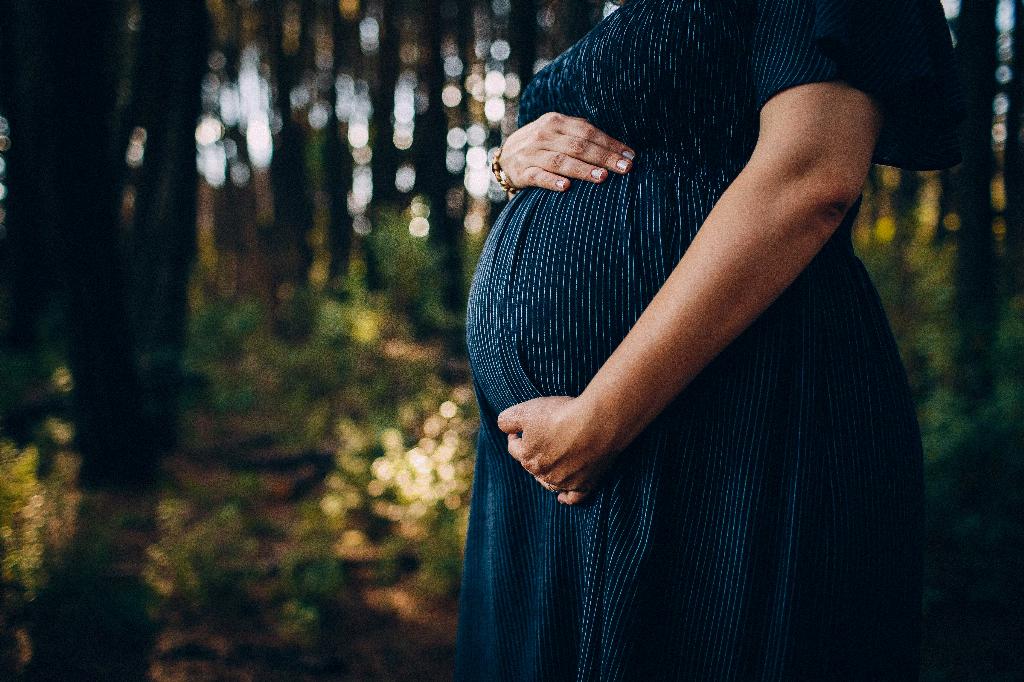Cholestasis after pregnancy, specifically Intrahepatic Cholestasis of Pregnancy (ICP), is a condition that affects the flow of bile from the liver. While the exact cause of ICP remains unknown, researchers believe that a combination of genetic, environmental, and hormonal factors contribute to its development. Understanding these factors is crucial in comprehending why cholestasis occurs after pregnancy.
Genetic predisposition plays a significant role in the development of cholestasis after pregnancy. Certain genes may increase the likelihood of developing ICP, as they can also lead to other disorders of the gallbladder and liver. This genetic link highlights the importance of familial history and genetic testing in assessing the risk of cholestasis post-pregnancy.
Environmental factors can also influence the occurrence of cholestasis after pregnancy. These factors may include exposure to certain toxins, pollutants, or chemicals that can affect liver function and bile flow. Understanding the environmental triggers of ICP can help in identifying preventive measures to reduce the risk of developing this condition.
Hormonal changes during pregnancy are believed to play a crucial role in the development of cholestasis after pregnancy. The surge in pregnancy hormones, such as estrogen and progesterone, can impact the liver’s ability to process bile, leading to a buildup of bile acids in the blood. This hormonal imbalance may contribute to the onset of ICP in some individuals.
Additionally, the fluctuation in hormone levels post-delivery can also trigger or worsen cholestasis after pregnancy. The sudden drop in hormone levels following childbirth can disrupt the liver’s functioning, leading to a delay in the clearance of bile from the liver. This delay in bile flow can manifest as the symptoms of cholestasis, such as itching and jaundice.
Furthermore, the role of inflammatory processes in the development of cholestasis after pregnancy cannot be overlooked. Inflammation in the liver or bile ducts can disrupt the normal flow of bile, leading to its accumulation in the liver. Understanding the inflammatory pathways involved in cholestasis can provide insights into potential therapeutic targets for managing this condition.
Dietary factors may also influence the occurrence of cholestasis after pregnancy. Certain dietary habits or deficiencies in essential nutrients, such as antioxidants and omega-3 fatty acids, can impact liver function and bile production. Maintaining a balanced diet rich in nutrients that support liver health may help reduce the risk of developing cholestasis post-pregnancy.
Moreover, lifestyle factors, such as alcohol consumption and smoking, can exacerbate the risk of cholestasis after pregnancy. Alcohol abuse can impair liver function and bile secretion, while smoking can increase oxidative stress in the liver, exacerbating the symptoms of cholestasis. Addressing these lifestyle factors is essential in mitigating the risk of developing post-pregnancy cholestasis.
Psychosocial factors, such as stress and anxiety, may also contribute to the development of cholestasis after pregnancy. High levels of stress can impact hormonal balance and liver function, potentially exacerbating the symptoms of ICP. Managing stress through relaxation techniques and counseling may play a vital role in reducing the risk of cholestasis post-pregnancy.
Furthermore, certain medical conditions, such as gestational diabetes and preeclampsia, can increase the risk of developing cholestasis after pregnancy. These conditions may impact liver function and bile flow, predisposing individuals to the development of ICP. Monitoring and managing these medical conditions during pregnancy can help reduce the likelihood of post-pregnancy cholestasis.
Overall, the causes of cholestasis after pregnancy are multifactorial, involving a complex interplay of genetic, environmental, hormonal, dietary, lifestyle, and psychosocial factors. Understanding these factors and their interactions can provide valuable insights into the prevention, management, and treatment of cholestasis post-pregnancy. By addressing these underlying causes comprehensively, healthcare providers can better support individuals at risk of developing cholestasis after pregnancy.

